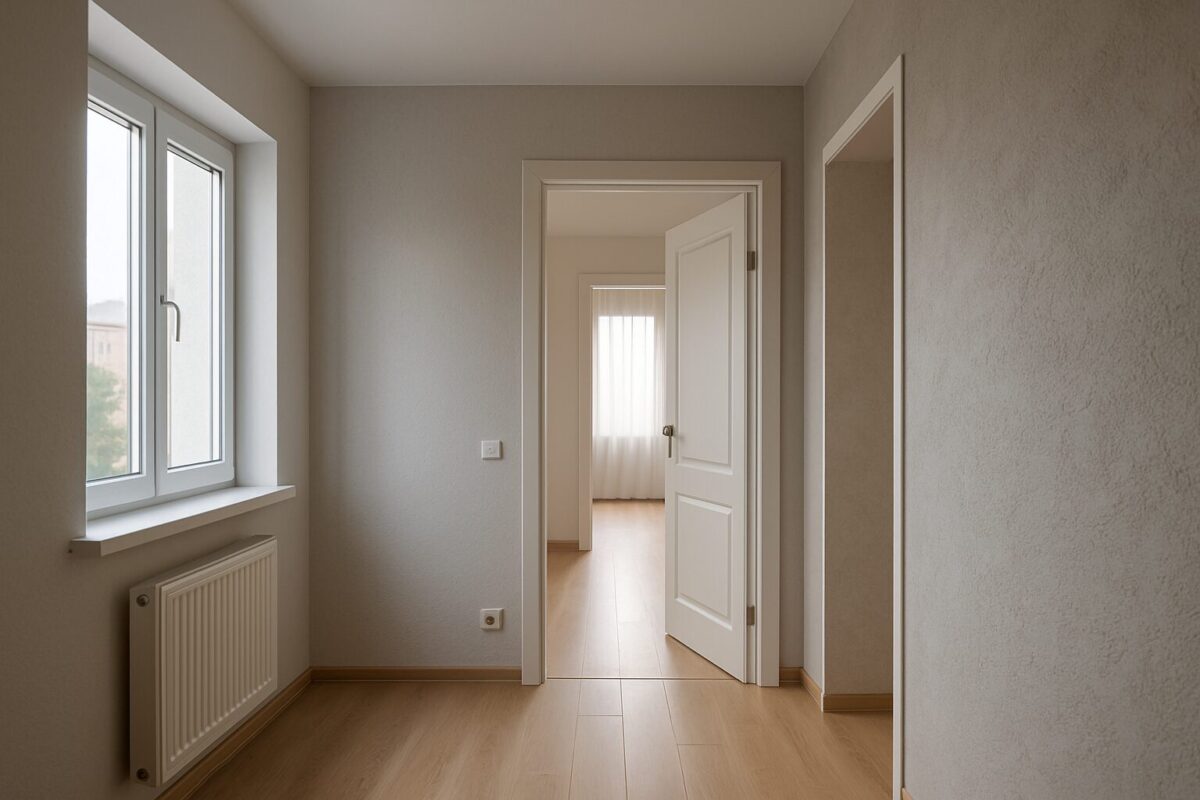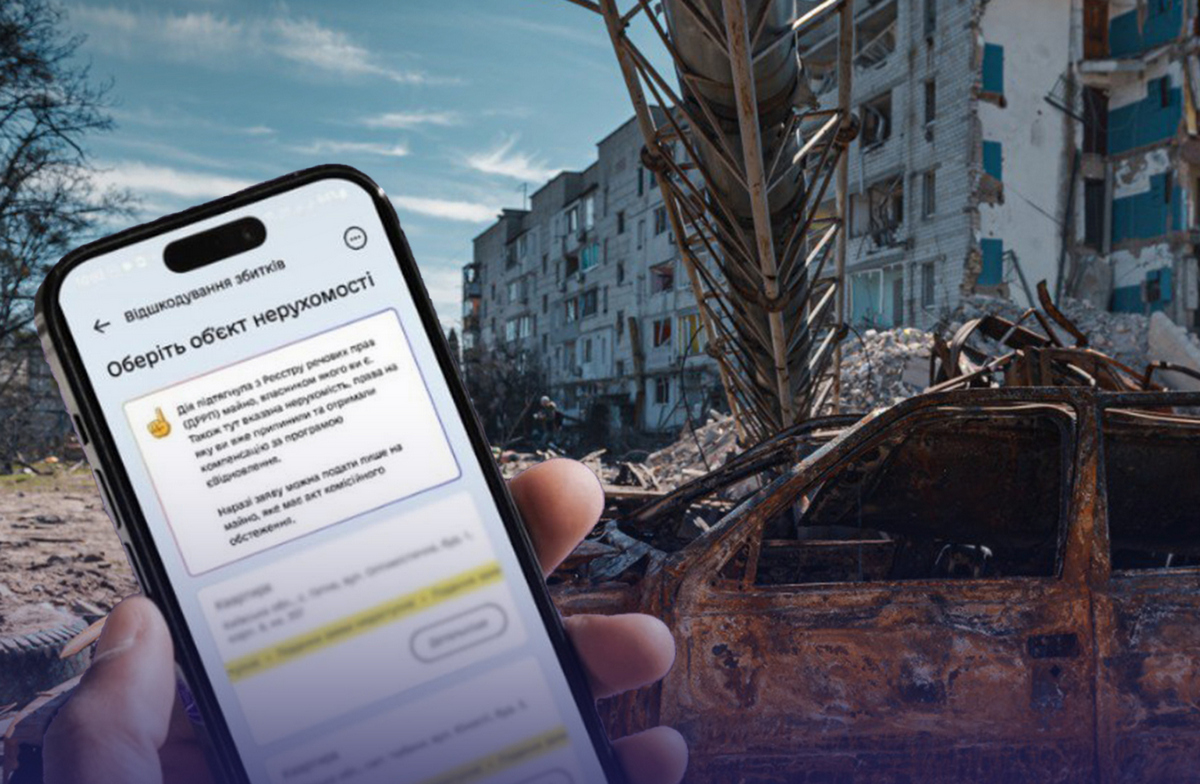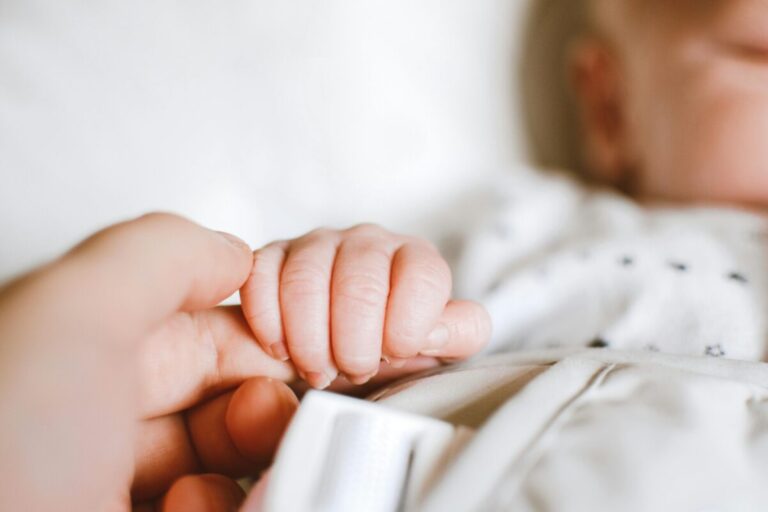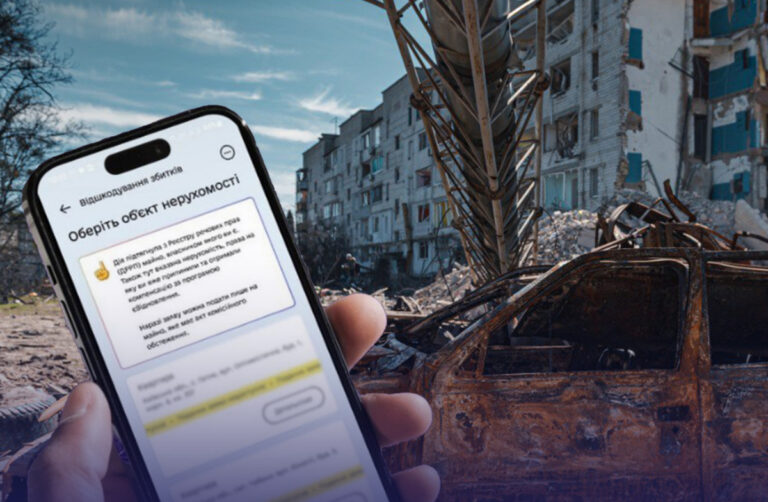
Where to Hide During Air Raids: Real Advice That Saves Lives
Ukraine is in its fourth year of full-scale war. Drones and missiles are falling with brutal regularity — on cities, small towns, infrastructure, and homes. And the worst part? We’re adapting. Not in a smart way — but in a dangerous one.
People stopped being afraid. That’s fine — fear should never paralyze. But they also stopped protecting themselves. That’s deadly.
This article is not about panic. It’s about survival. It’s about common sense — and about simple things that can save your life, or at least reduce the risk of serious injury.
Why sleeping near a window can cost you your life
Most apartments in Ukraine have beds next to windows — for light, fresh air, convenience. But during an explosion, windows become weapons. Glass shatters under blast waves. It breaks into sharp, flying fragments that injure or kill, even if the explosion was hundreds of meters away. Another risky spot is the bathroom — often seen as a “safe” place. But in reality, the tiles and fixtures explode into shrapnel during a blast.
“Two-wall rule” isn’t always enough
People often stay home during air raids and try to follow the well-known advice: sit between two load-bearing walls. Yes, it’s better than doing nothing — but it’s not a universal guarantee. You need to understand what kind of building you live in — because some offer virtually no protection at all.
Types of residential buildings — and how they behave under impact
1. Monolithic frame structures
These are typical in newer developments. The load is carried by concrete columns and slabs, not walls. The inner walls are often lightweight. Danger: no room offers real protection inside these buildings. What to do: Use underground parking lots or official shelters nearby. Don’t rely on your flat for safety.
2. Brick buildings with thick walls
Common in Soviet-era housing. They have multi-layer brickwork with load-bearing outer walls. Safer: These walls absorb some blast impact. Best choice: hallways or storage rooms without windows, ideally close to the apartment’s center.
3. Prefabricated panel buildings
They appear sturdy but aren’t built for explosions. Slabs may shift or collapse under pressure. Risk: High. Interior walls are load-bearing, but large sections can fail. Choose lower floors and avoid any space near windows.
What to do when the siren sounds: 5 life-saving rules
- Do not sleep near a window. If you cannot make it to a shelter every time — at least relocate your bed. Even a mattress on the floor near an inner wall is better than staying by a window.
- Keep essentials packed and ready. Water, flashlight, documents, first aid — all within reach.
Don’t waste time searching in the dark. - Never use the elevator. Explosions often cut electricity. If the blast hits while you’re in the lift — you’re trapped. Always take the stairs, stay close to the wall.
- Wait after the “all-clear”. Russia often launches multiple waves of drones or missiles. Wait 10–15 minutes before leaving your shelter after the last boom.
- Apply the “two-wall rule” properly. At least two solid walls should be between you and the outdoors. This reduces the likelihood of injury from shockwaves or flying debris.
What if there’s no shelter nearby?
This is a common situation. In such cases:
- Coordinate with neighbors — choose the safest area in the stairwell (no windows, inner corners).
- Cover windows with film or tape — won’t stop the blast but helps reduce flying glass.
- Keep your bed away from windows — even 2 meters makes a difference for your face and eyes.
These aren’t exaggerations
In recent months, dozens of injuries and deaths occurred not from direct missile strikes — but from flying shards of glass, tile, or bricks. People feel exhausted and let their guard down. But missiles don’t get tired. They hit just as hard as on day one.
The psychological side: “I’m too tired to care”
Feeling tired of being afraid is normal. But it doesn’t mean you should stop being careful. You don’t have to panic. You just have to do the bare minimum to reduce risk.
Survival is not just heroism. It’s habit. And the habit of protecting yourself is just as vital as plugging your phone in before sleep.
Life is not a lottery
Every decision we make — whether to move the bed, tape the window, or use the stairs — can shift the odds in our favor. Not because we’re scared. But because we’re smart. Because we choose life.














